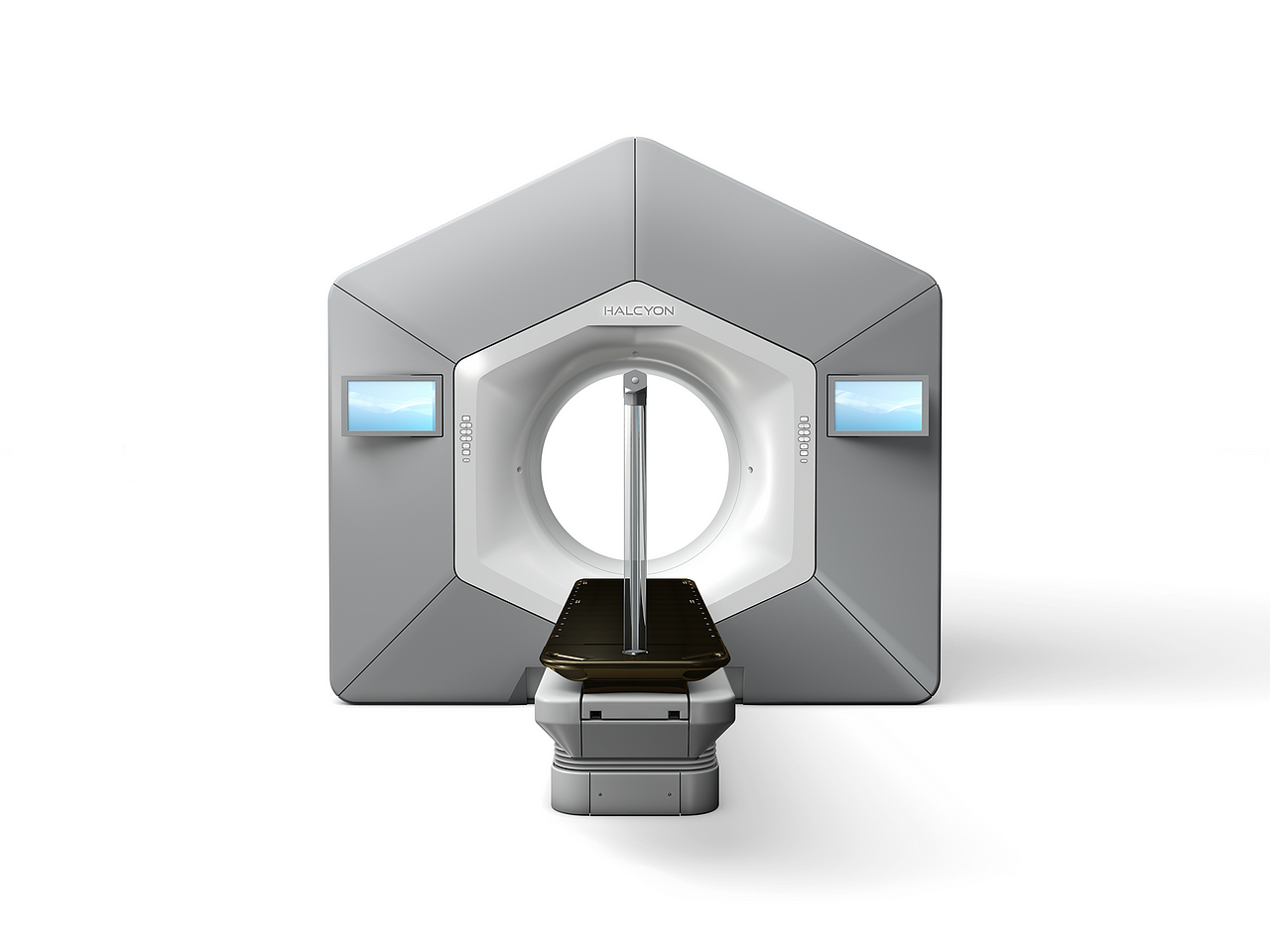Head and Neck Cancer Diagnosis and Treatment
At Cancer Care of North Florida, once cancer has been diagnosed, our specialists may order diagnostic testing and imaging to help determine the stage and extent of the disease. Head and neck cancer treatment depends on the extent of the cancer within your body. At Cancer Care of North Florida, we use the most advanced therapies available to treat bladder cancer. An individualized plan of care may include multiple types of treatments.
- Medical history and physical exam
- Indirect laryngoscopy
- Direct flexible and rigid laryngoscopy
- Pan endoscopy
- Biopsy and molecular assessment
- Blood tests for tumor markers
- Chest x-ray
- MRI scan
- CT scan
- Ultrasound
- PET imaging
- Bone scan
- Barium swallow
- Dental exam
- Hearing exam
Depending on the type and stage (severity) of the head and neck cancer, the following treatments may be necessary. Types of surgery for head and neck cancer include the following. Surgery for these various types of cancer is largely dependent upon the location of the tumor.
- Endoscopic surgery (laser or vocal cord stripping)
- Laryngectomy (removal of part or all of larynx or voice box)
- Pharyngectomy (removal of part or all of pharynx or throat)
- Thyroidectomy (removal of thyroid gland)
- Glossectomy (removal of the tongue)
- Mandibulectomy (removal of the jawbone)
- Maxillectomy (removal of part or all of the hard palate bone)
- Trans-oral robotic surgery (TORS)
- Salivary gland removal
- Neck dissection (removal of lymph node and nearby tissue)
Other forms of non-surgical interventions for head and neck cancer include:
Radiation – Any remaining cancer cells left after surgery are destroyed with high-energy radiation beams. For some head and neck cancer, treating with chemotherapy at the same time can make radiation therapy work better. It is possible to receive radiation therapy before, during or after surgical intervention. Also, when surgery is not possible, radiation can be used to help slow the growth of the tumor. We work closely with Cancer Care of North Florida Radiation Oncology located on campus.
Chemotherapy – Chemotherapy (chemo) are anti-cancer drugs that may be given intravenously (injected into your vein) or by mouth. The drugs travel through the bloodstream to reach cancer cells in most parts of the body. Chemotherapy can sometimes be given before, during or after surgery. At Cancer Care of North Florida, our team provide extensive education and supportive care through your therapy.
Targeted Treatments – Targeted drugs work differently from chemo drugs. They sometimes work when chemo drugs don’t, and they often have different side effects. They can be used either along with chemotherapy or by themselves if chemotherapy is no longer working. Targeted treatment options are determined by further genetic testing of the tumor cells. This type of testing is usually done on the biopsied tissue of the tumor cells.
Immunotherapy – Immunotherapy is the use of medicines to help a person’s own immune system better recognize and destroy cancer cells. Immunotherapy can be used to treat some people with advanced head and neck cancer.




